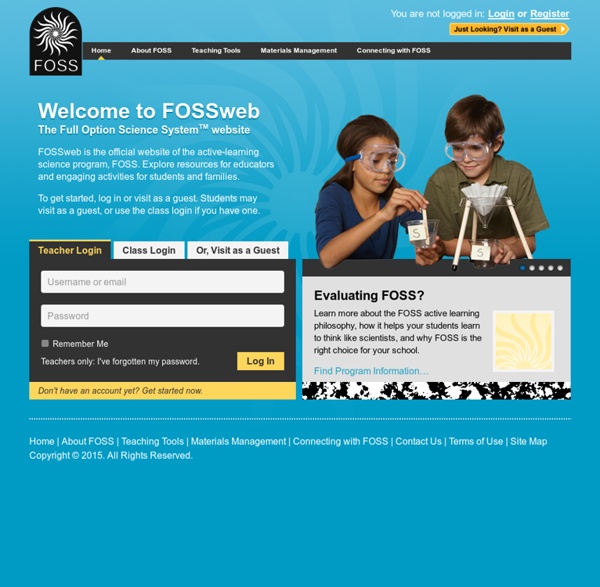



Discover the world's most endangered species Wildscreen's Arkive project was launched in 2003 and grew to become the world's biggest encyclopaedia of life on Earth. With the help of over 7,000 of the world’s best wildlife filmmakers and photographers, conservationists and scientists, Arkive.org featured multi-media fact-files for more than 16,000 endangered species. Freely accessible to everyone, over half a million people every month, from over 200 countries, used Arkive to learn and discover the wonders of the natural world. Since 2013 Wildscreen was unable to raise sufficient funds from trusts, foundations, corporates and individual donors to support the year-round costs of keeping Arkive online. As a small conservation charity, Wildscreen eventually reached the point where it could no longer financially sustain the ongoing costs of keeping Arkive free and online or invest in its much needed development. Therefore, a very hard decision was made to take the www.arkive.org website offline in February 2019.
7 Useful YouTube Channels for Science Students and Teachers Last month I posted a list of useful YouTube channels for history teachers and students. That list proved to be popular so I thought I'd follow-up with a list of useful YouTube channels, not named Khan Academy, for science teachers and students. The Periodic Table of Videos is a YouTube channel produced by The University of Nottingham. One of the more useful playlists in the channel is The Elements. The table features a video demonstration of the characteristics of elements in the Periodic Table of Elements. In all there are 390 videos divided into 24 playlists about the work of chemists at the university.Science Bob is a helpful website featuring science fair project ideas for elementary school and middle school students. I covered this a couple of weeks ago, but it's worth mentioning again. Science/Math Concepts with Mr. Bright Storm is a company that I've covered before when writing about online mathematics help.
Teaching Science Explore - Your Space Education Resource - Sponsored by Boeing - Space Orbit Solar System Lesson Plans Videos Internet 101 & Beyond - Teacher Tips Internet 101 & Beyond - Tips for Teachers Also see: Search Engine Basics For great sites for educators, visit The Reference Desk! Internet Tips for Teachers Concentrate on the curriculum rather than a cool internet site. Take time to brainstorm a few ideas for your web project/lesson. Start small and build. Stay within your comfort level. Consider available technology and the experience level of your students. Utilize search engines (Google) to find great educational sites. Don’t reinvent the wheel. Network with other educators. Create a bookmark file, your own web site (Geocities or Homestead), or a class page (Quia!). Develop your own rules for Internet safety. | Back to top | T.
home Science Reference Science Organizations and Museums National Science Foundation AMNH Resources for Learning The National Academies: Science, Engineering, Institute of Medicine, National Research Council American Association for the Advancement of Science Federation of American Scientists American Museum of Natural History Field Museum Smithsonian Science Museum MoS Museum of Science, Boston Science Museum of Minnesota Museum of the History of Science, University of Oxford Institute and Museum of the History of Science - Florence, Italy Science Museum of Virginia Adventure Science Center Nashville, Tennessee Fort Lauderdale Museum of Discovery and Science - Bradbury Science Museum Home Los Alamos National Laboratory Hands-on Science Centers Worldwide Denver Museum of Nature & Science Houston Museum of Natural Science Carnegie Science Center - Never The Same Place Twice! MOSI - Museum Of Science and Industry - Tampa, Florida Imagination Station Science Museum, Wilson, NC Yahoo! Science Equipment Microscopy Pre-lab Activities